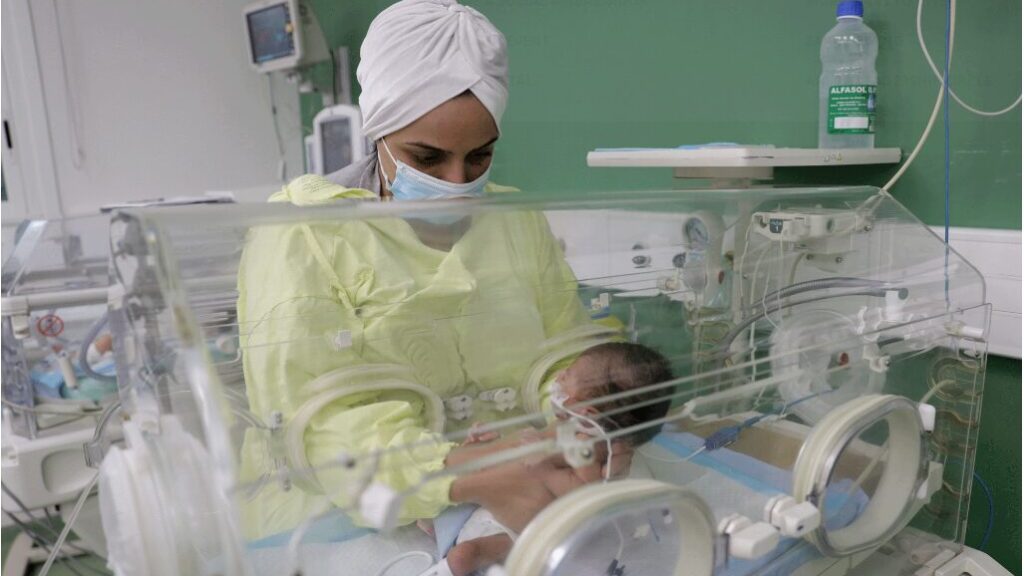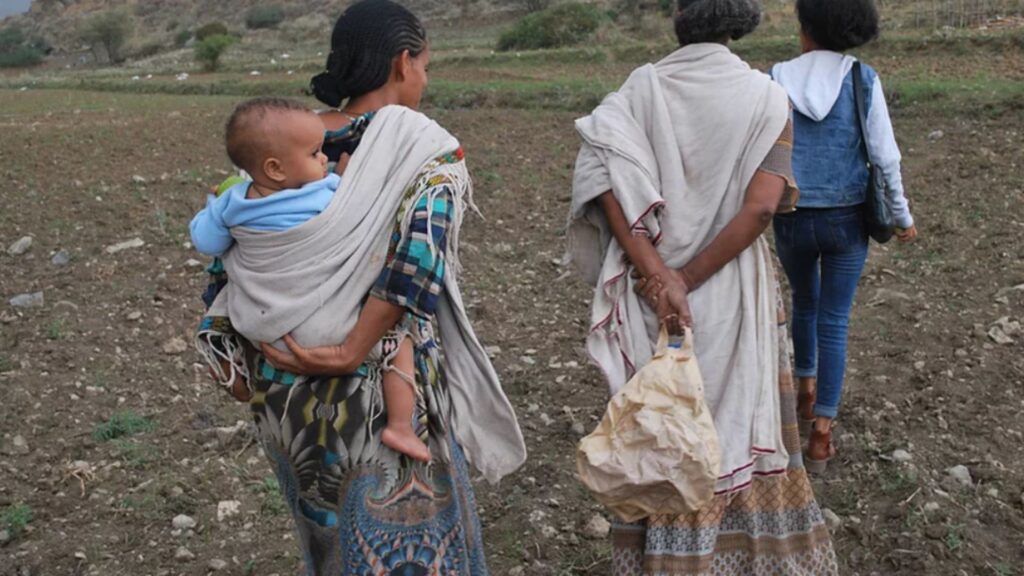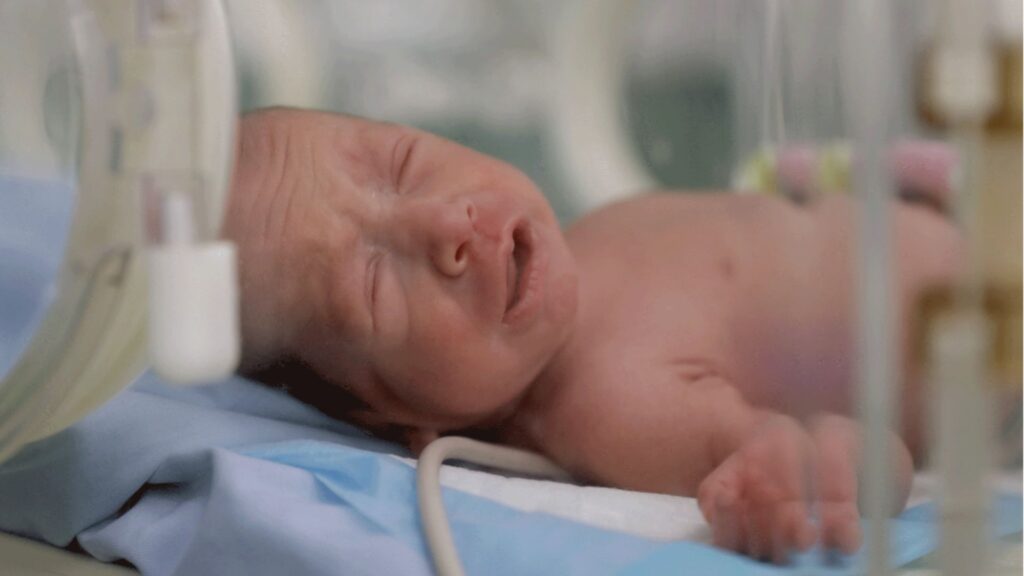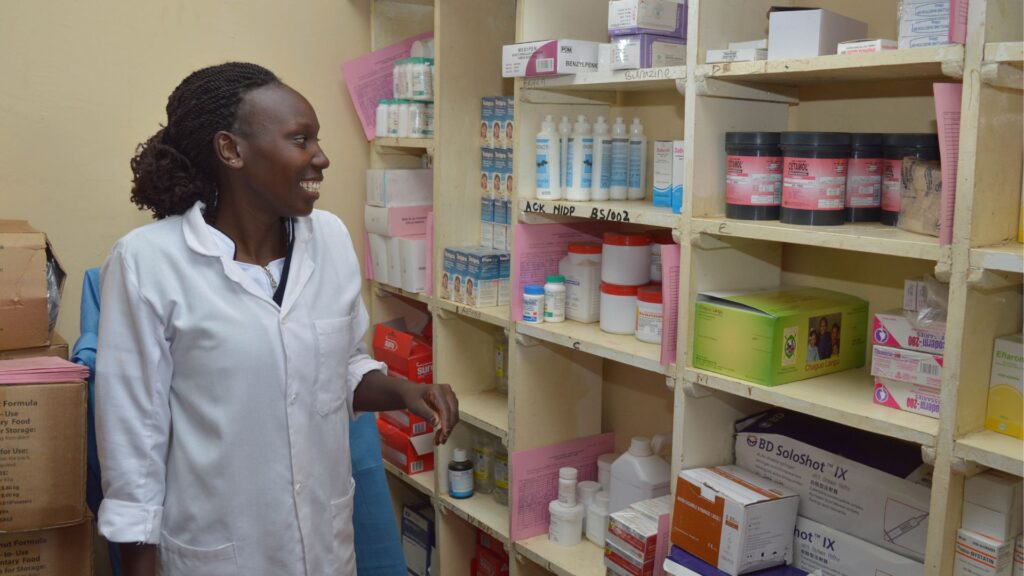OUR WORK
Women's and Children's Health
HPIC collaborates with grassroots organizations to reduce maternal and child mortality rates by addressing the challenges of access and use of quality healthcare services
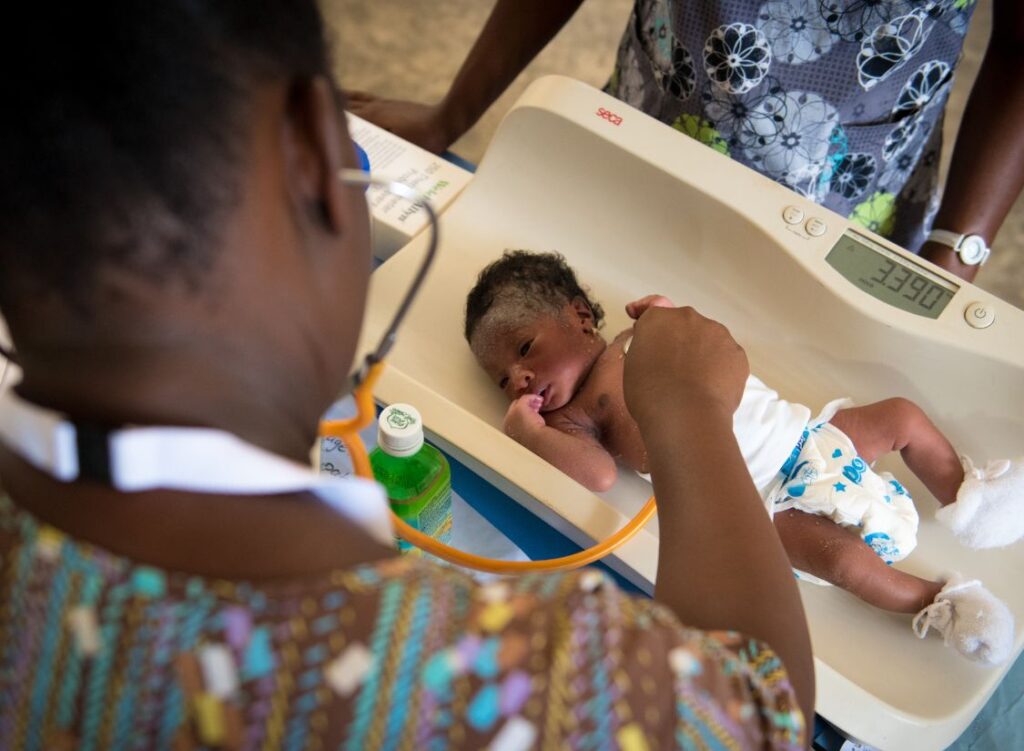
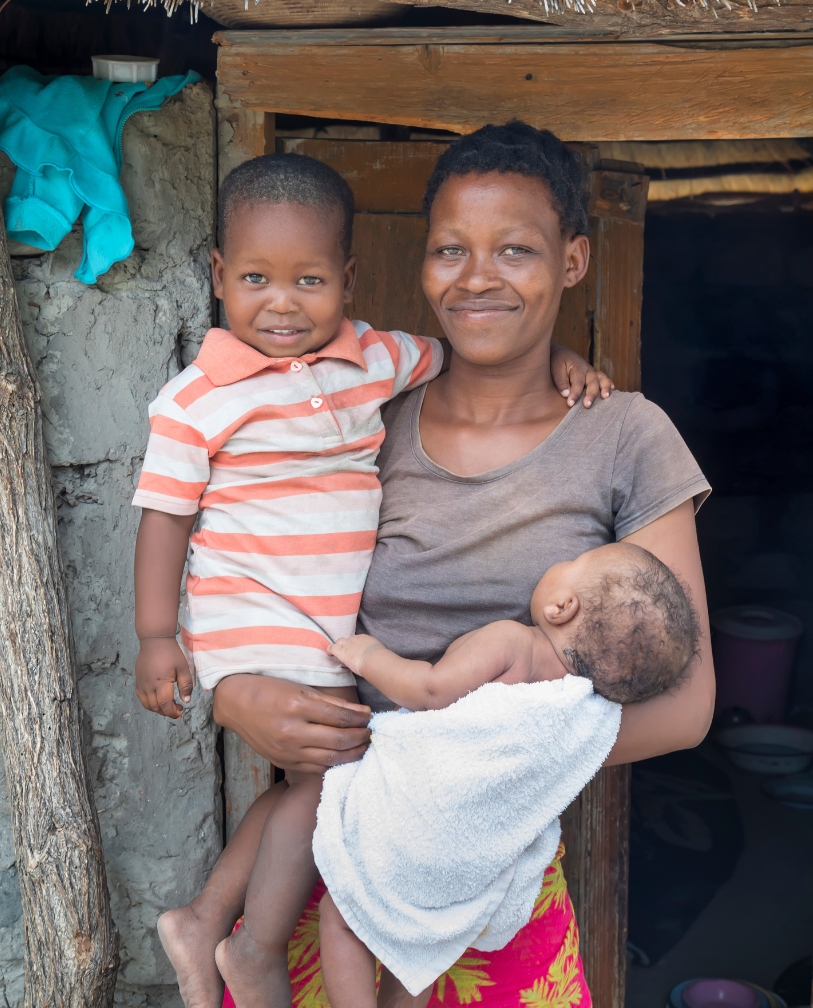
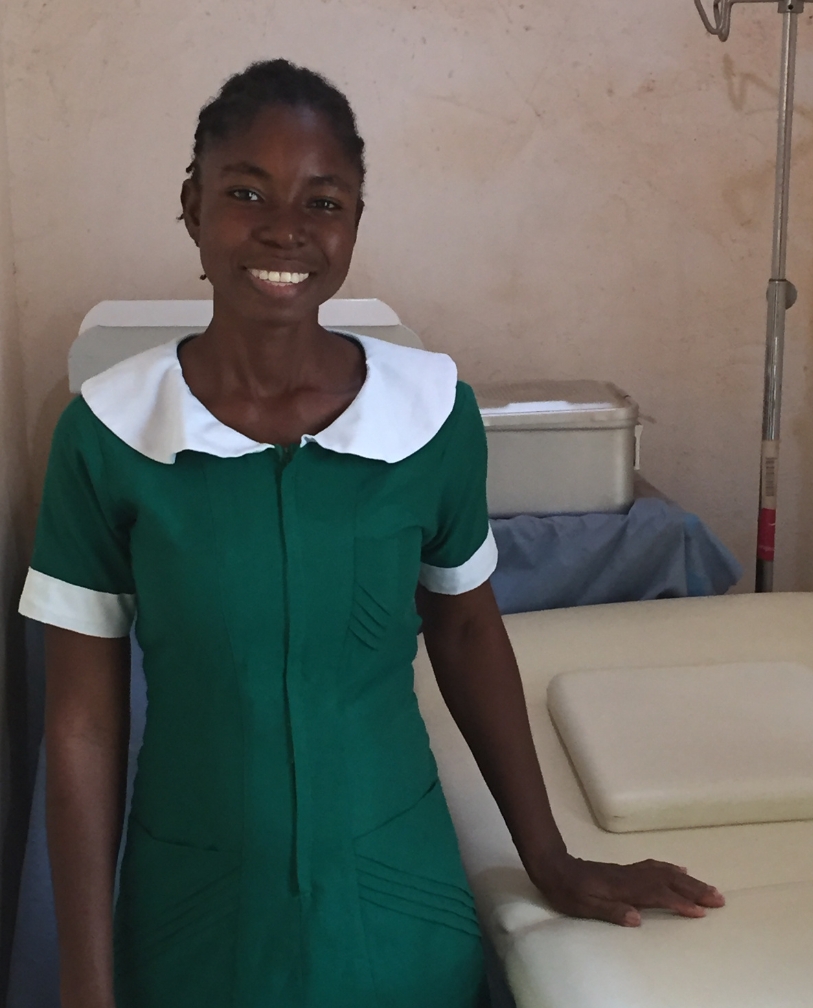
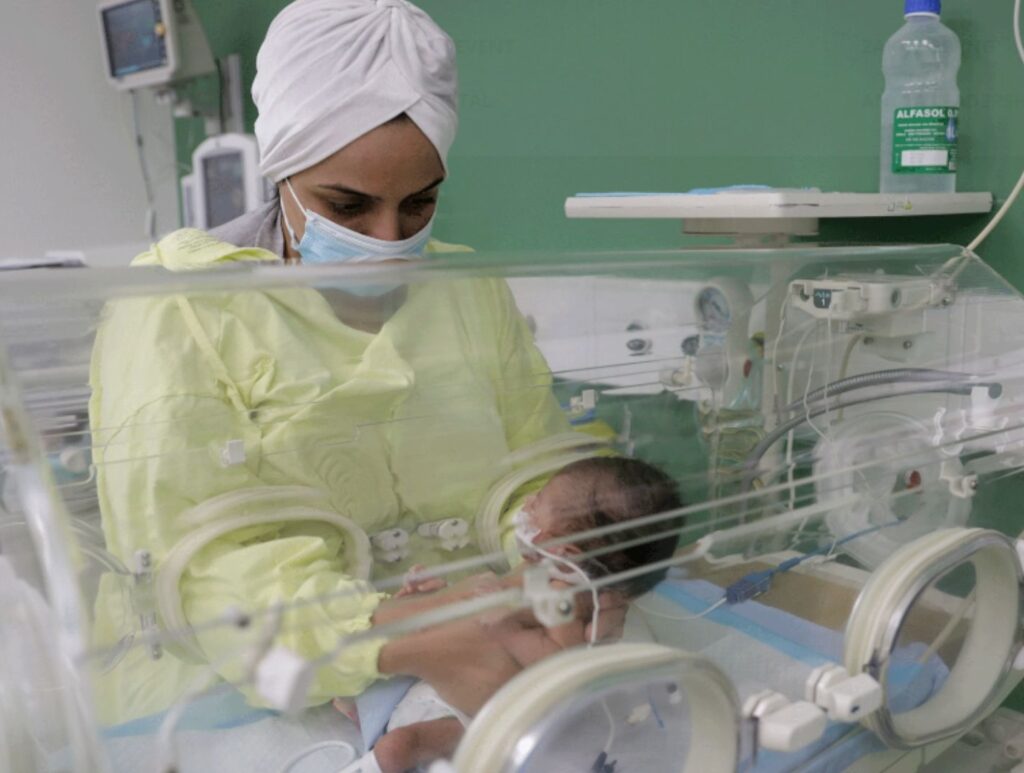
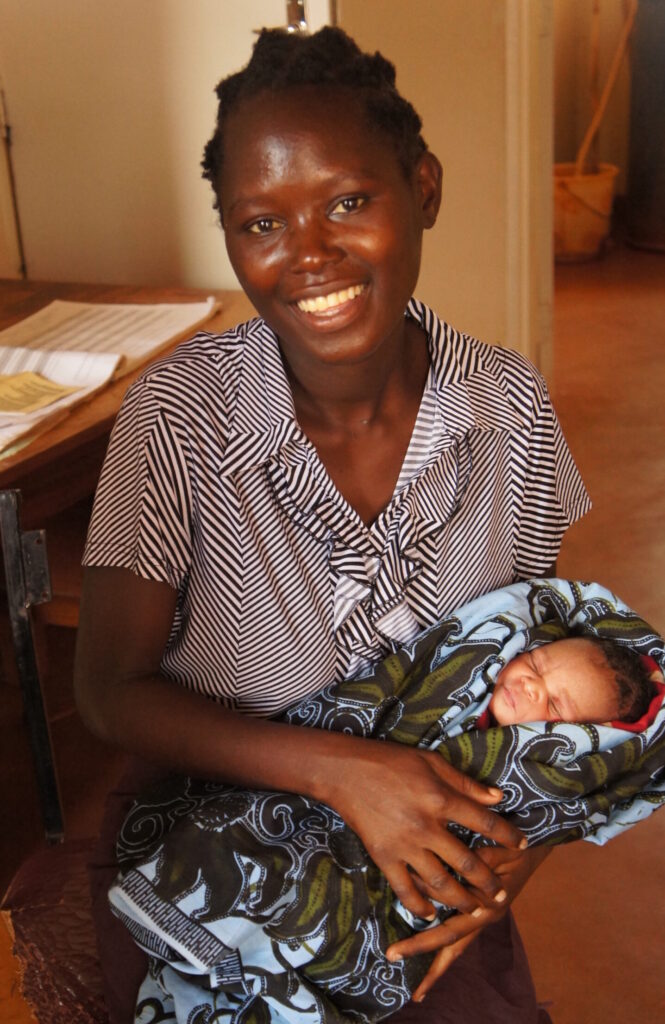
Our Approach
Every year, over 300,000 women die due to complications of pregnancy and childbirth, and 2.5 million infants die due to preventable causes within their first month of life.
Through our women’s and children’s health programs, we collaborate with grassroots organizations to reduce maternal and child mortality rates. We do this by addressing the challenges of access and utilization of quality healthcare services for women in their reproductive age, newborns, and children under the age of five years.
Our implementation approach is aligned with the policies and priorities of country-specific ministries of health in the areas of Sexual and Reproductive Health (SRH) for women, Maternal, Newborn, and Children’s Health (MNCH) and addressing the pressing issue of Gender-Based Violence (GBV) in the communities we serve. Our projects aim to:
- Improve awareness and utilization of vital healthcare services for women of reproductive age and children under the age of five years.
- Improve the quality and delivery of essential health services for expectant and new mothers and children.
What We Do
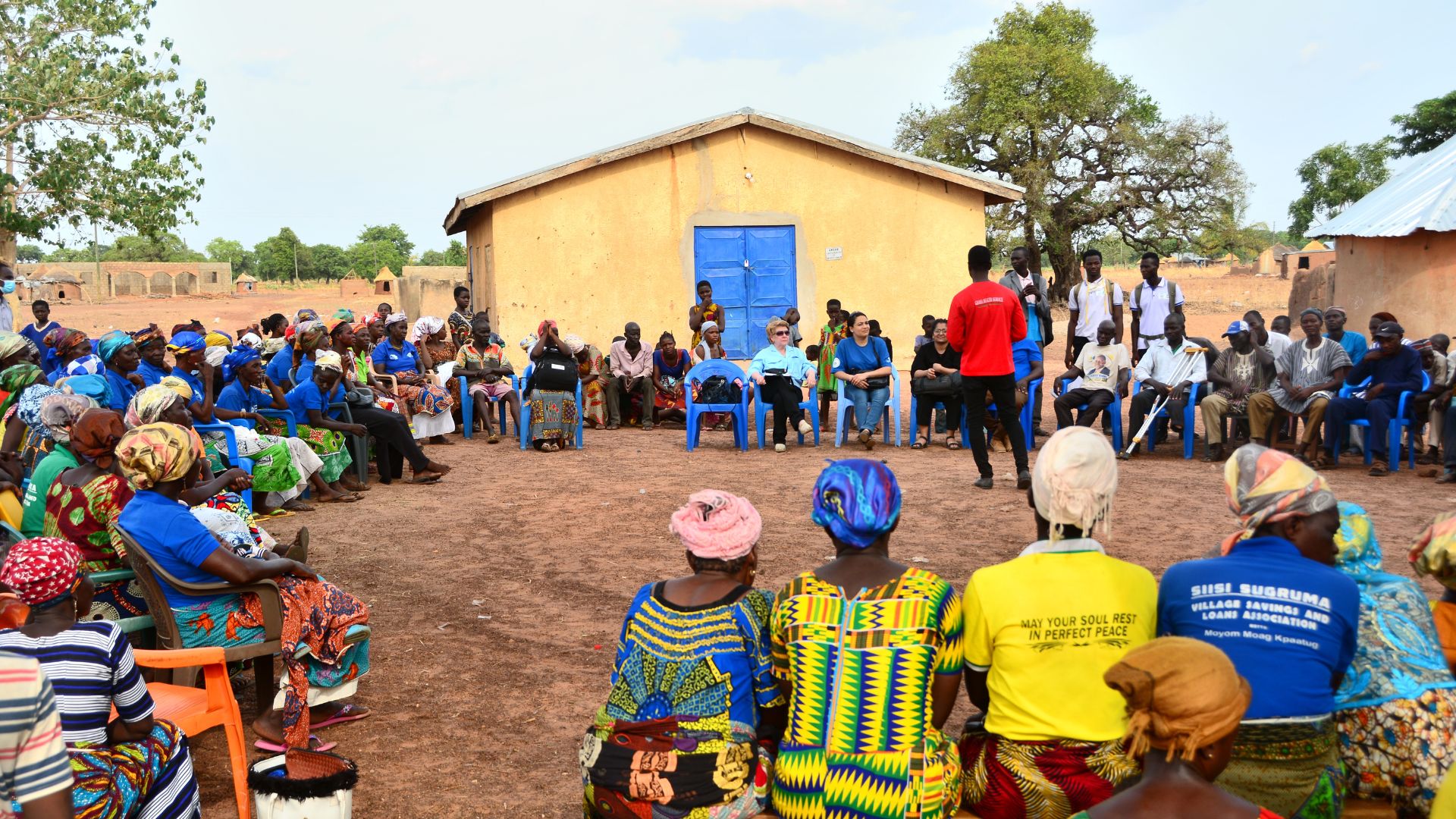
01. Health awareness and education
We engage with community leaders and health workers to promote good health and care practices for women and children in need. These health outreach and education activities are focused on addressing the gaps in knowledge, attitudes, and practices to improve the health outcomes of women and children in our project communities.
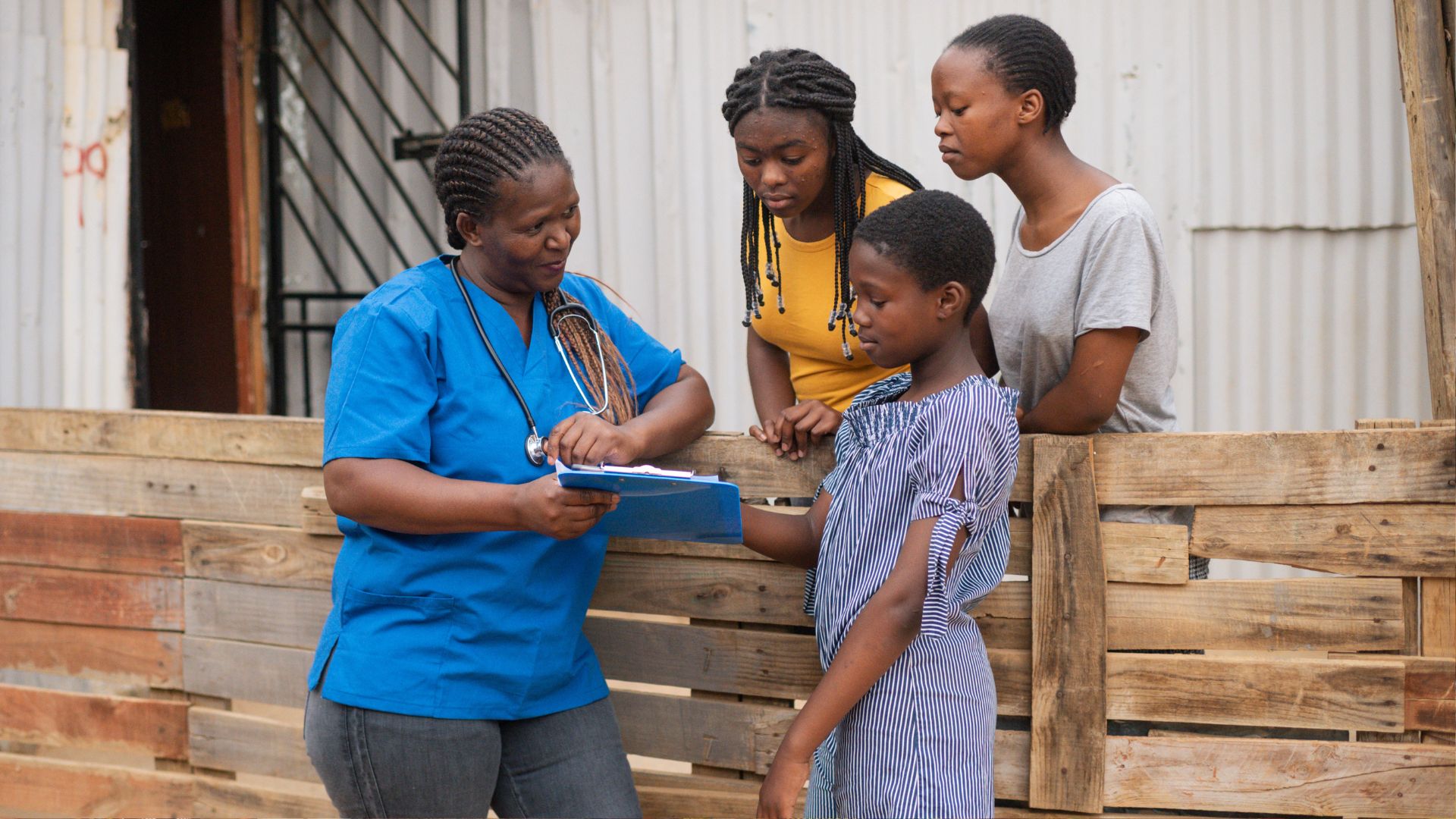
02. Strengthen the referral processes
Timely referrals ensure that women and children receive the right care at the right time, contributing to reduced mortality rates and better overall well-being for women and children. Through our programs, we strengthen the capacities of community health workers and caregivers to ensure timely detection and referral.
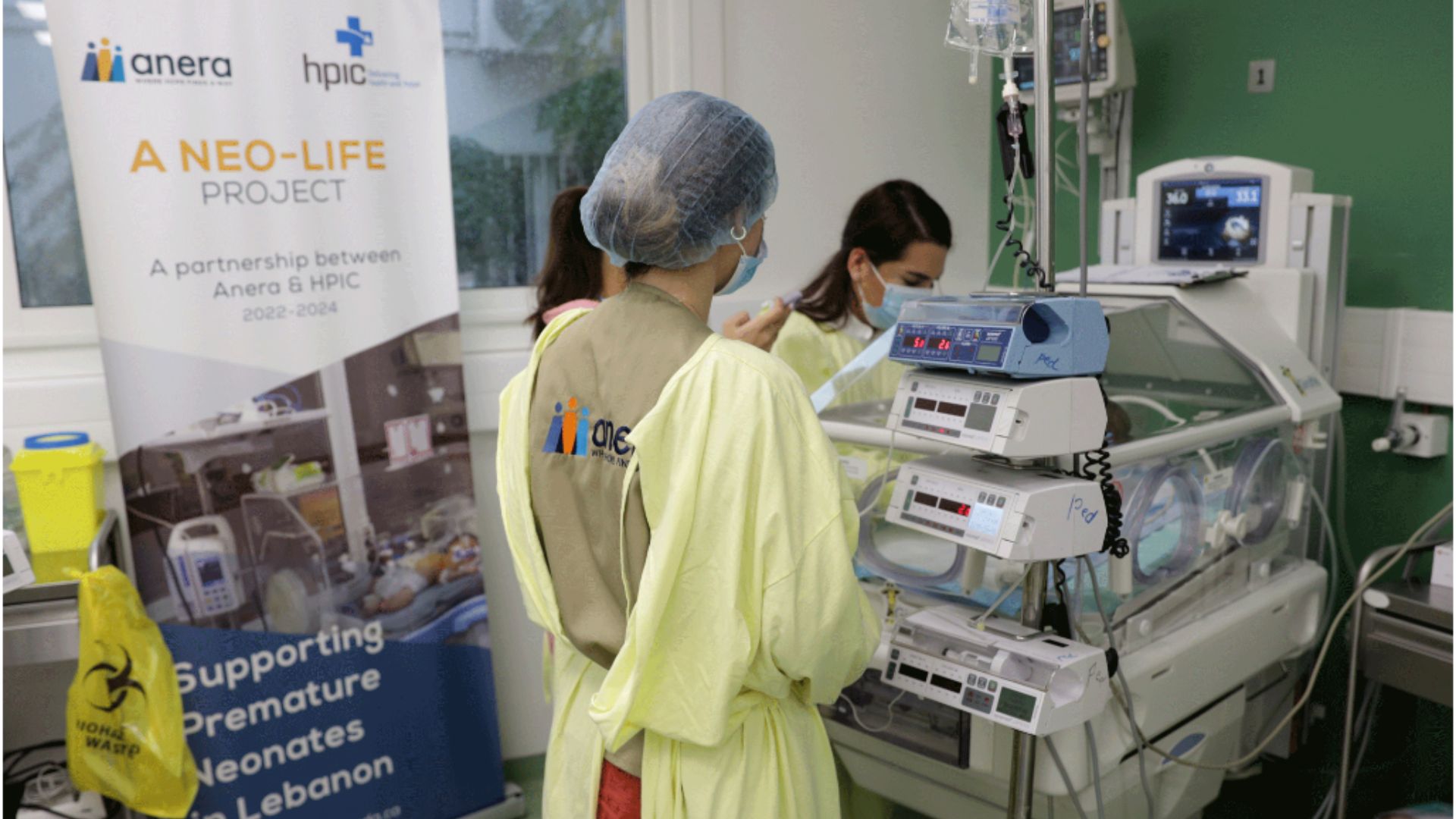
03. Strengthen the capacity of health workers and volunteers
We collaborate with local partners and country-specific ministries of health to facilitate needs-based training for nurses, midwives and other frontline health workers. The training focuses on maternal and child health services, emergency obstetric and newborn care, and many other aspects of women’s and children’s health.
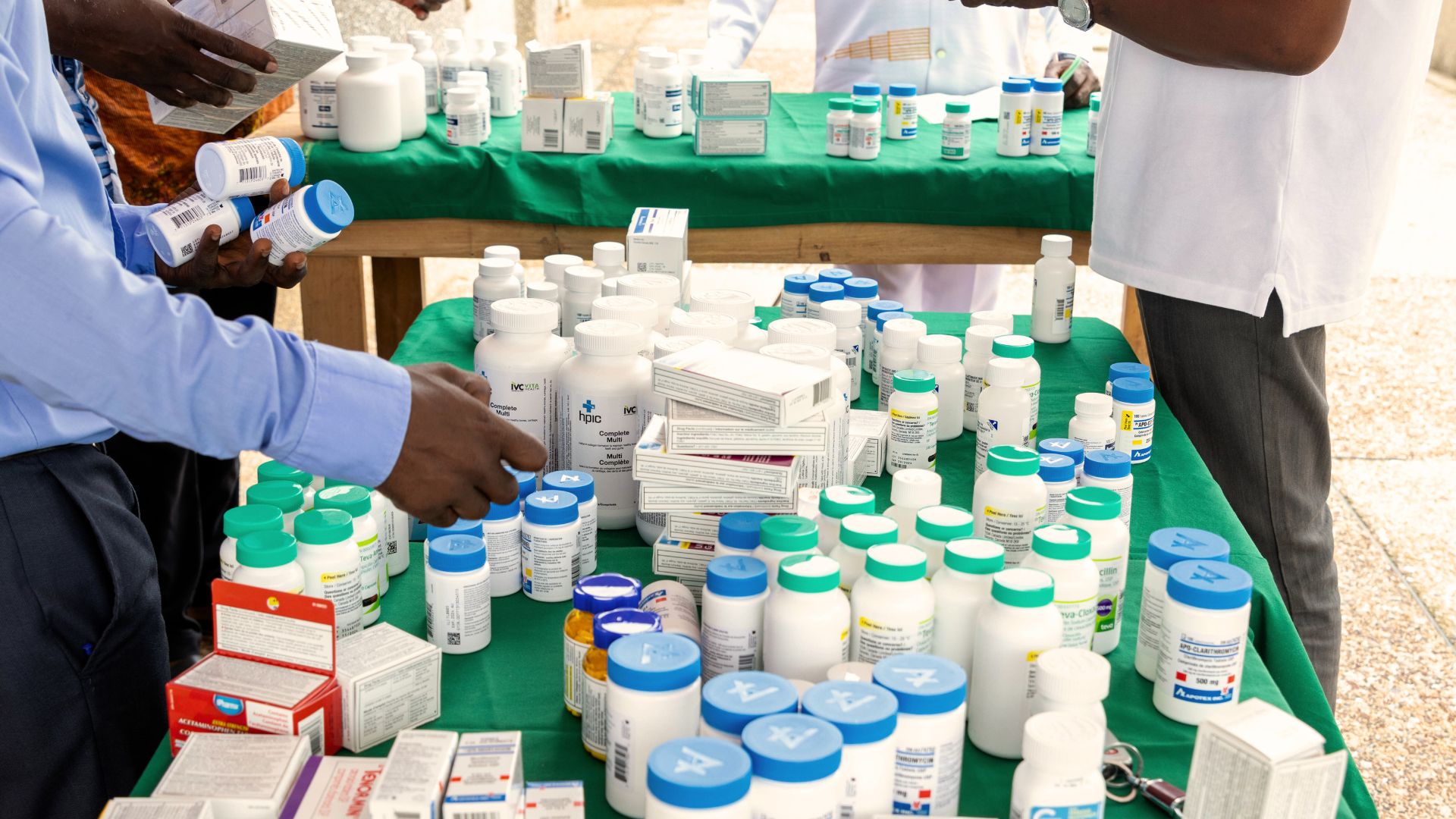
04. Address gaps in medicines and supplies for maternal, child and reproductive health
In our project communities, the health facilities often face significant challenges in maintaining a consistent supply of essential medicines and reproductive health supplies. Therefore, we support the health facilities with medicines and supplies required to provide quality services.
PROJECT FOCUS
The H.O.P.E. Project focuses on improving the delivery of essential healthcare services to communities, with a particular emphasis on pregnant women, mothers, and children under 5, as well as the increased utilization of primary healthcare services within the region. As it enters its fifth year of implementation, the project continues to make significant strides toward achieving its goal of enhancing overall health, especially for children and for women in their reproductive age.
2024 AT A GLANCE




WHERE WE WORKED
Ethiopia
Ghana
Kenya
Lebanon
STORIES FROM THE FIELD
- June 2024
- December 2023
- December 2023
- December 2023
Make a donation today
$150 could provide $1500 worth of medicines for women and children in need

